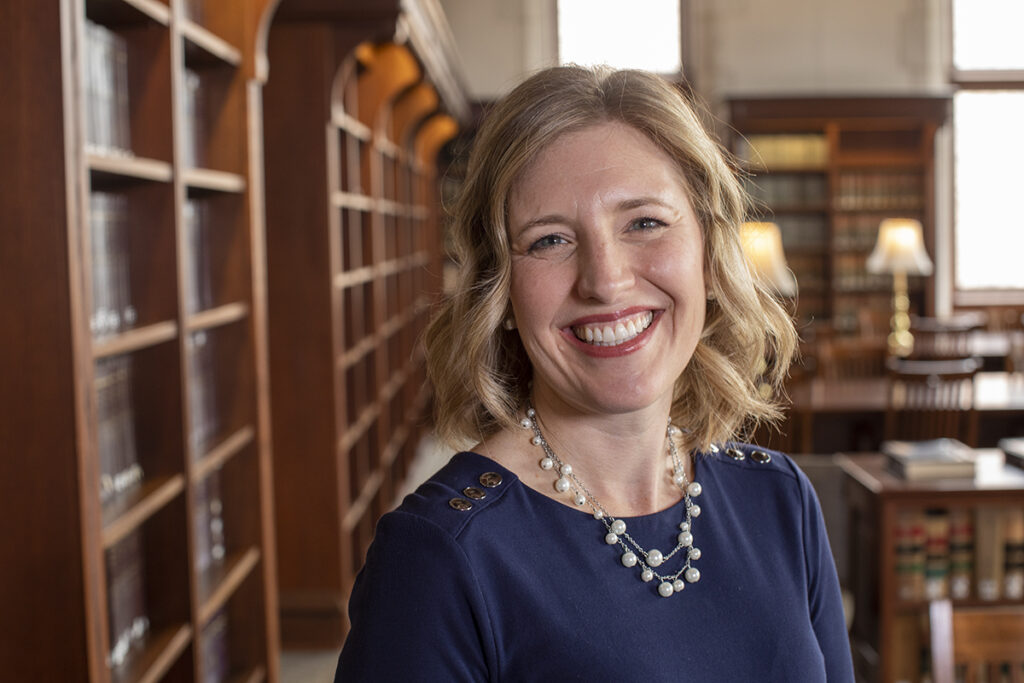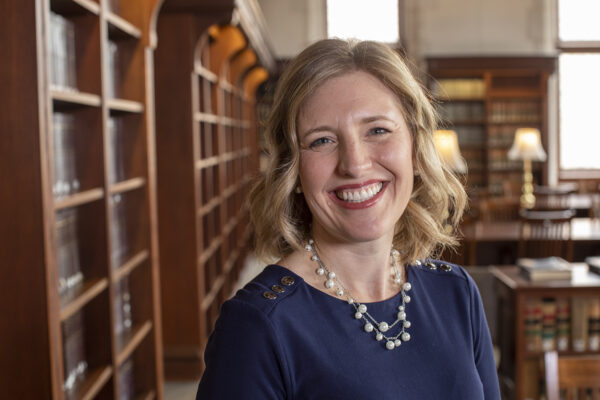The terrorist attacks of Sept. 11, 2001, left an indelible mark on our nation’s immigration law and policies, says an immigration expert at Washington University in St. Louis.
“After the attacks, Congress acted hastily — often with limited debate — to tighten immigration restrictions,” said Katie Meyer, assistant professor of practice and director of the School of Law’s Immigration Clinic.
“Congress passed legislation that fundamentally restructured and refocused the agencies charged with enforcing immigration laws,” she said. “Immigration agencies were moved from the Department of Justice into the newly formed Department of Homeland Security. This change elevated a restrictionist view of immigration, one that assumed immigration was inherently dangerous — a ‘national security’ threat.”

These changes impact all areas of immigration law and policy, but specific communities were — and continue to be — disproportionately impacted, Meyer said.
“Arabs and Muslims in the U.S., including U.S. citizens, are often targets of both immigration agencies and local police departments, which are empowered to act as proxies for federal immigration and intelligence agencies,” she said. “Asylum seekers and refugees are also targeted with unwarranted suspicion by a transformed refugee system, whose primary focus has become ‘national security’ and not protection.”
An ongoing issue
Meyer continues to see the consequences of these legal and policy changes in her work with refugees and asylum seekers.
“Although there is no evidence of would-be terrorists using the refugee or asylum system to enter the U.S. because the process just takes too long, terrorism-related restrictions now pose significant hurdles for genuine refugees and asylum-seekers,” she said.
Post-9/11 laws added legal restrictions that make many victims of terrorism ineligible for protection, Meyer said.
“Under an expanded definition of ‘terrorist activity,’ anyone who provided any sort of ‘support,’ such as money, food, medical care or personal services, to a terrorist organization is ineligible for protection in the U.S., even if that support was provided under ‘duress’ or a threat of death.
“For those who can still qualify, the processing time has skyrocketed by several years, during which time genuine refugees are left vulnerable and without protection,” she said. “The fundamental policy shift toward protecting the homeland, and away from protecting genuine refugees, is also seen in our current border policies, which have effectively nullified the legal right to seek asylum at the border.
“It is hard to see how our asylum and refugee systems can offer effective protection as long as their offices remain components of the Department of Homeland Security and all immigration is deemed a risk to national security.”


